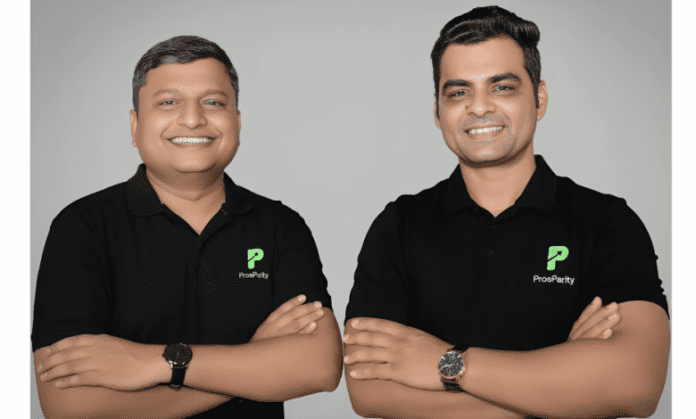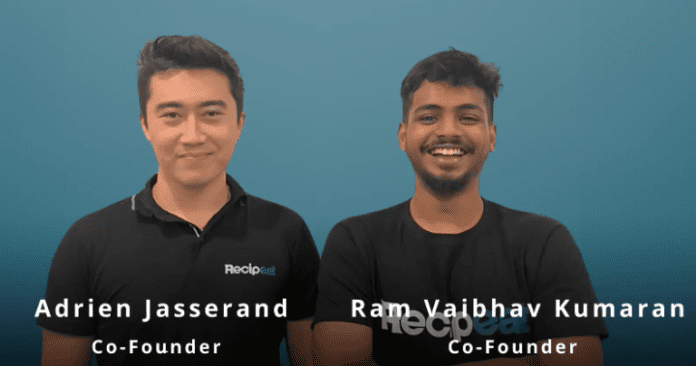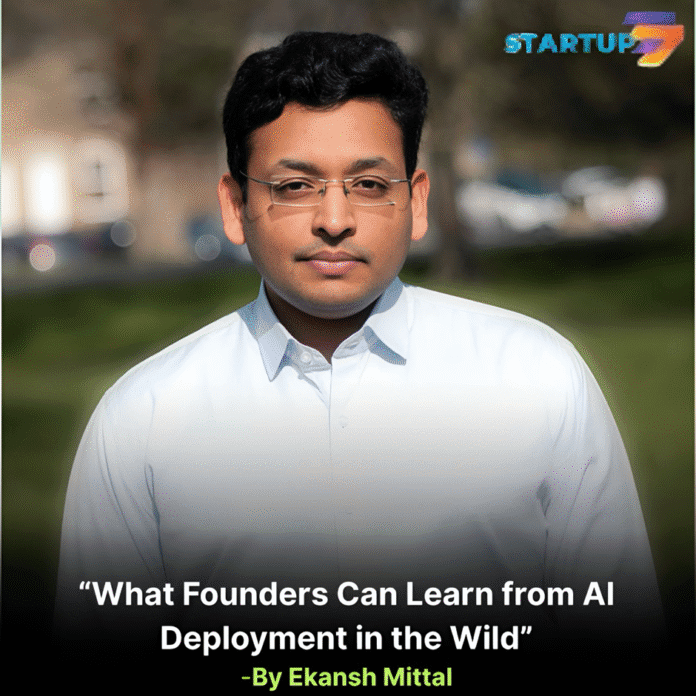

Covrzy distinguishes itself with a wide array of customized insurance products tailored to SMEs and startups in various sectors, including Fintech and SaaS. Their offerings include Commercial General Liability, Fire & Theft, Product Liability, Professional Indemnity, Cyber Insurance, Directors & Officers Insurance, Export Credit, Stock Insurance, and Asset Insurance. Their partnership-led distribution model and high-quality advisory services set them apart in the competitive market. Covrzy’s personalized, non-pushy sales approach ensures businesses receive the coverage they need, particularly excelling in liability insurance.
The company’s organizational culture emphasizes a lean team structure that delivers maximum value. By promoting flexibility and self-accountability, Covrzy allows team members to take on multiple roles and maximize personal growth, fostering a healthy work environment and preparing employees for leadership roles. Currently operating on a limited scale, Covrzy is preparing to launch its product and expects to secure the necessary license within the next two months, paving the way for significant expansion.
With approximately $400K USD raised from Antler India and Shastra VC, Covrzy plans to extend its operations across various categories and cities in India. The startup faces unique challenges in the regulated insurance industry, needing to comply with the Ministry of Corporate Affairs (MCA) and the Insurance Regulatory and Development Authority (IRDA). They also address issues like customer awareness, product recommendation, and trust-building. Despite these hurdles, Covrzy is committed to success, working closely with regulators, insurance companies, and other key industry players.
Ankit Kamra advises aspiring entrepreneurs to focus on creating value for customers, keeping them at the center of every decision. Veera Thota highlights the importance of building a robust product and acquiring a diverse skill set necessary for the entrepreneurial journey. Prioritizing customer value in every aspect of the product and experience is essential.
Covrzy exemplifies innovation and dedication in the business insurance sector. Their tech-driven approach, customized solutions, and strong focus on customer experience position them to transform the insurance landscape for SMEs and startups. Through visionary leadership and a commitment to excellence, Covrzy is paving the way for a more secure and resilient future for businesses.




 The Indian hospitality industry faces a daunting recruitment landscape, marked by high turnover rates exceeding 30% and a fragmented hiring process that often frustrates both employers and job seekers. Navigating this complex environment requires innovative solutions, and Recipeat is stepping up to standardize recruitment in this sector.
The Indian hospitality industry faces a daunting recruitment landscape, marked by high turnover rates exceeding 30% and a fragmented hiring process that often frustrates both employers and job seekers. Navigating this complex environment requires innovative solutions, and Recipeat is stepping up to standardize recruitment in this sector.
